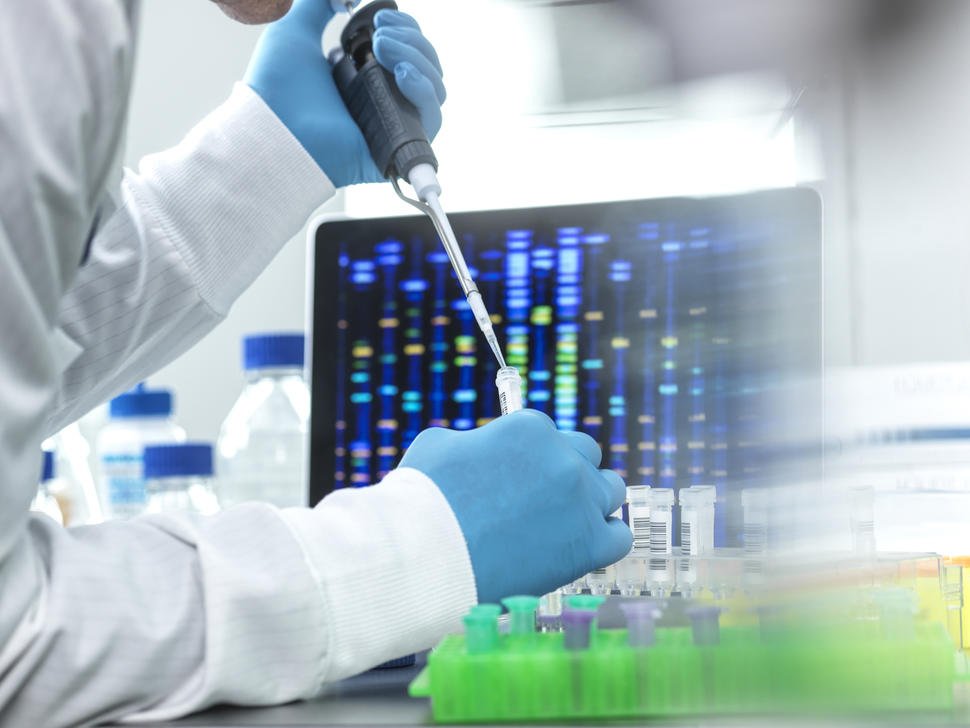Family History and Cancer Risk: Decoding Your Genes and Taking Control
Share IT

Launch Your Dream Website with Us!
Click Here to Get in touch with Us.
Categories
Genetics and Cancer Risk
Cancer development is a complicated interaction of environmental and genetic influences, as discussed in Decoding Your Lineage:
Genetics and Family History in Cancer. Although the majority of malignancies are not hereditary, in certain instances family history may be relevant. This blog article explores the relationship between family history and genetics in relation to cancer risk.
Thank you for reading this post, don't forget to subscribe!Table of Contents

Knowing Genetics and Cancer
Genetics and Cancer Risk
The DNA included in our bodies serves as a genetic blueprint that directs cell division and behaviour. Variations in particular genes can occasionally raise the risk of developing cancer. These changes may be:
- Inherited: A parent’s sperm or egg cells carry these mutations, which are then transferred to their offspring. Gene mutations such as BRCA1 and BRCA2 mutations are among the examples, as they greatly increase the risk of ovarian and breast cancer.
- Acquired: These mutations are the result of random mistakes made during cell division or environmental exposures that happen to people over the course of their lives.
Genetics and Cancer Risk
It’s critical to recognise that acquiring a faulty gene does not ensure cancer will manifest. It just makes the risk higher. Important roles are also played by other variables, such as lifestyle decisions and environmental exposures.
Red Flags and Family History
Genetics and Cancer Risk
You don’t have to get cancer just because someone in your family has had the disease in the past. However, there are some family history trends that should raise an eyebrow:
- Many Close Relatives with Cancer: If there are several close relatives (parents, siblings, or children) who have had cancer, the risk increases. The cancer kinds may also be associated.
- Early Onset Cancer: If a family member was diagnosed with cancer before the age of fifty, this could point to a genetic risk.
- Particular Types of Cancer: There is a higher hereditary component to some malignancies, such as breast, ovarian, colon, and prostate cancer.
When to Take a Look at Genetic Testing
Genetics and Cancer Risk
Genetic testing may be a possibility if your family history causes you concern. This is examining your DNA to for mutations in particular genes linked to a higher risk of developing cancer.
Prior to undergoing genetic testing, take into account the following:
- Benefits: Proactive actions like greater screening or prophylactic surgery may be made possible by early discovery and risk assessment.
- Limitations: There is no assurance that a negative test will prevent cancer. On the other hand, a positive test does not guarantee that you will acquire cancer.
- Influence on Emotions: Genetic testing may cause anxiety and necessitate emotional assistance.
- Genetic Counselling: Before making a decision, speaking with a genetic counsellor can help you better understand the advantages, restrictions, and possible ramifications of testing.
- Important Note: This is a general summary; genetic testing is a difficult topic. To ascertain whether testing is appropriate for you, it is imperative that you speak with a medical expert or genetic counsellor about your specific circumstances.
Using Your Family History to Manage Your Risk
Genetics and Cancer Risk
Proactive measures can help lower your risk of cancer even if there is a family history:
- Healthy Lifestyle: It’s important to keep a healthy weight, a balanced diet, and frequent exercise.
- Regular Screenings: Based on your age and family history, schedule the recommended cancer screenings.
- Techniques for Reducing Risk: In order to further lower your risk, your doctor may prescribe drugs or elective surgery, depending on your particular circumstances.
- Open Communication: To promote proactive treatment, keep lines of communication open with your doctor. Share information about your family history with them.
Genetics and Cancer Risk
You can take control of your health and collaborate with your medical team to develop a customised plan for early detection and prevention by being aware of the impact that genetics and family history play in cancer.

Launch Your Dream Website with Us!
Click Here to Get in touch with Us.





























































Recent Comments